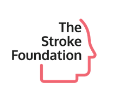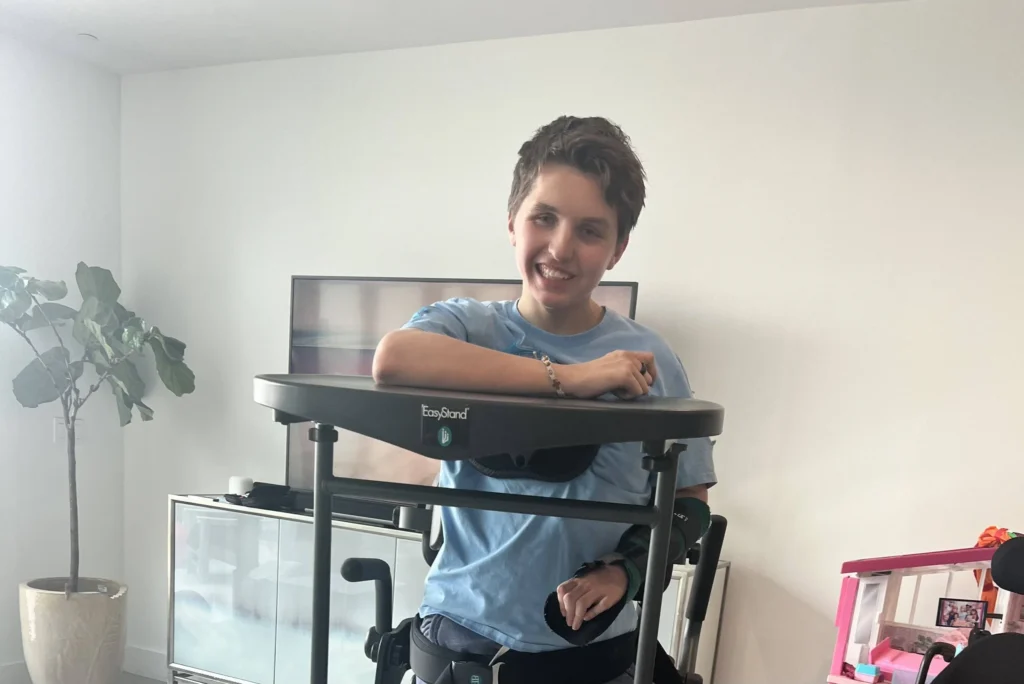When we think of stroke, we often think of an older population being affected. However, strokes can happen to anyone, regardless of age. In fact, there has been a significant increase in the incidence of stroke in young people in recent years. This trend is concerning, as stroke in young people can have unique risks and consequences.
The incidence of stroke in young people
According to the American Stroke Association, the incidence of stroke in young people has been on the rise in recent years. In the United States, up to 10% of all strokes occur in people under the age of 50. In some countries, such as India and China, the incidence of stroke in young people is even higher.
Unique risks of stroke in young people
The risks of stroke in young people can be different from those in older populations. Here are some of the unique risks:
- Birth control pills: Birth control pills increase the risk of stroke in young women. The risk is higher for women who smoke or have other risk factors for stroke.
- Drug use: Illegal drug use, such as cocaine and amphetamines, can increase the risk of stroke in young people.
- Trauma: Traumatic brain injury can increase the risk of stroke in young people. This is especially true for those who have had a penetrating injury to the neck or head.
- Inherited conditions: Some genetic conditions, such as sickle cell anemia and Marfan syndrome, can increase the risk of stroke in young people.
- Lifestyle factors: Poor diet, lack of exercise, and smoking can increase the risk of stroke in young people, just as they can in older populations.
Consequences of stroke in young people
While the incidence of stroke in young people is increasing, many people are not aware of the consequences of stroke in this population. Here are some of the consequences:
- Disability: Strokes can cause significant disability in young people, including weakness, paralysis, and difficulty with speech and cognition.
- Long-term care: Young stroke survivors may require long-term care and support, which can be a significant burden for families and caregivers.
- Loss of income: Many young stroke survivors are unable to return to work, which can have significant financial consequences.
- Emotional impact: Strokes can have a significant emotional impact on young people and their families, including anxiety, depression, and a sense of loss of independence.
Strokes are not just a problem for older adults. The incidence of stroke in young people is increasing, and the risks and consequences can be different from those in older populations. It is important for young people to be aware of the risks of stroke and take steps to reduce their risk, such as maintaining a healthy lifestyle, avoiding drug use, and seeking medical attention for any unusual symptoms. It is also important for healthcare providers to be aware of the unique risks and consequences of stroke in young people, in order to provide the best possible care and support.





